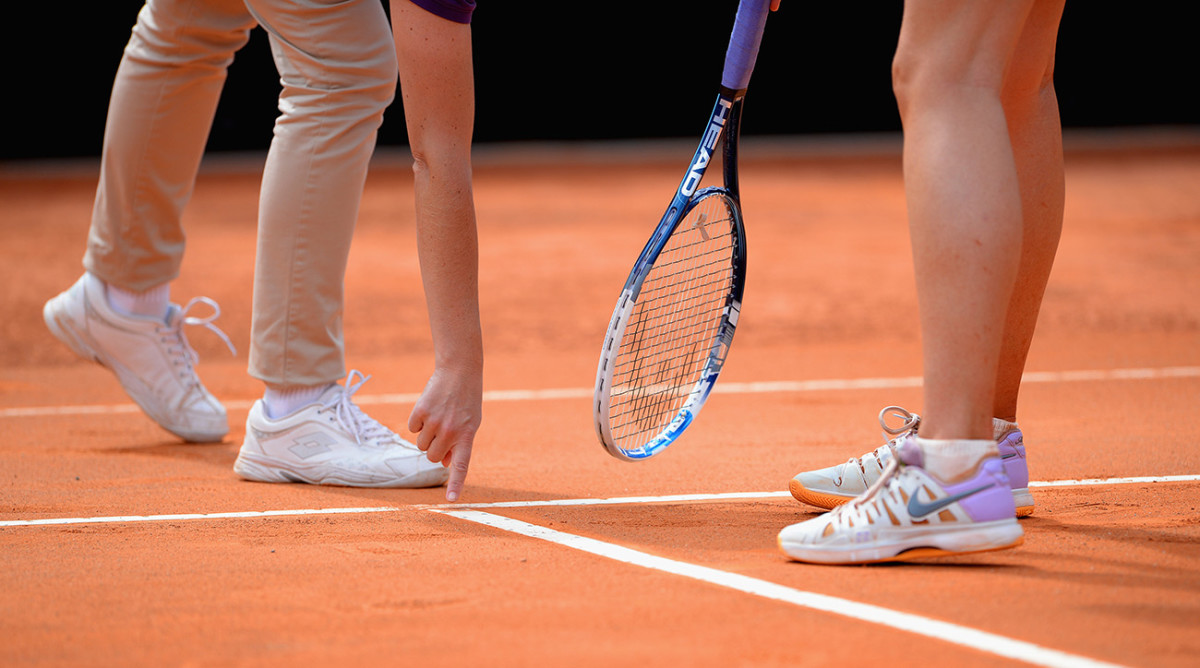Hi everyone. For those of you who coach junior players or are parents with junior players - how do you teach your player to handle cheaters?
My son was in an U12 tournament this weekend. First match he won handily. Then he played a boy who would call balls out that were clearly not even close to being out and then argue aggressively every time my son called an out. To the point that my son said, whatever, and let the other kid have his way every single time. So my son stopped trying, just went through the motions and lost. I was unhappy he quit, but I realize he was super upset.
How do you handle those situations? I used to play team sports at his age (not tennis) and typically those disagreements were worked out between the teams - sometimes less peacefully than other times - but in an individual sport, and in a new environment (for him) he ended up just shutting down.
- but in an individual sport, and in a new environment (for him) he ended up just shutting down.
My son was in an U12 tournament this weekend. First match he won handily. Then he played a boy who would call balls out that were clearly not even close to being out and then argue aggressively every time my son called an out. To the point that my son said, whatever, and let the other kid have his way every single time. So my son stopped trying, just went through the motions and lost. I was unhappy he quit, but I realize he was super upset.
How do you handle those situations? I used to play team sports at his age (not tennis) and typically those disagreements were worked out between the teams - sometimes less peacefully than other times

